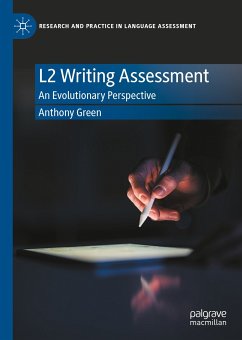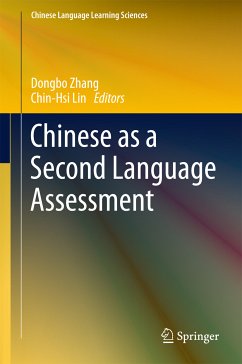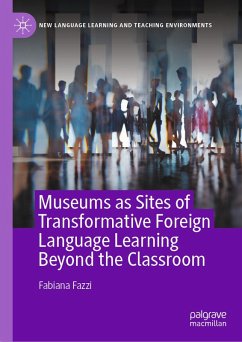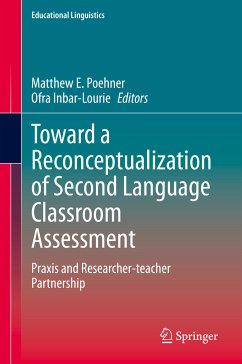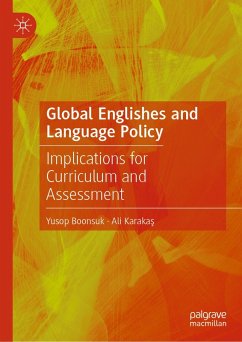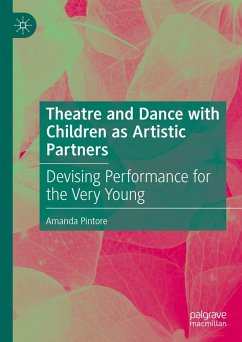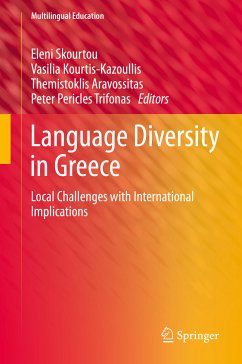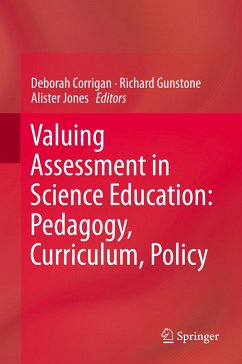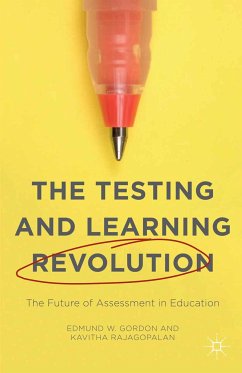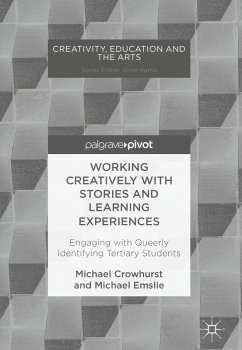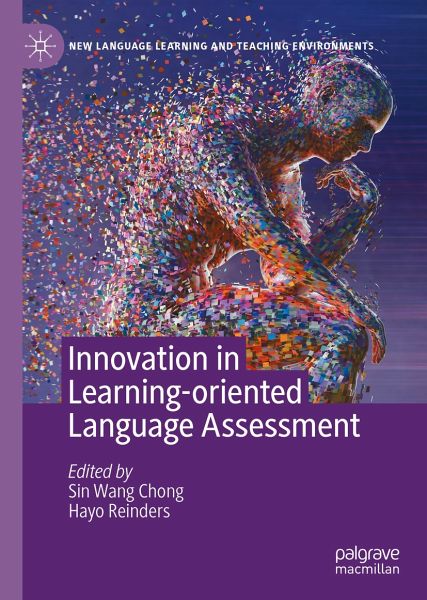
Innovation in Learning-Oriented Language Assessment (eBook, PDF)

PAYBACK Punkte
56 °P sammeln!
This edited book documents practices of learning-oriented language assessment through practitioner research and research syntheses. Learning-oriented language assessment refers to language assessment strategies that capitalise on learner differences and their relationships with the learning environments. In other words, learners are placed at the centre of the assessment process and its outcomes. The book features 17 chapters on learning-oriented language assessment practices in China, Brazil, Turkey, Norway, UK, Canada, Japan, Saudi Arabia, and Spain. Chapters include teachers' reflections an...
This edited book documents practices of learning-oriented language assessment through practitioner research and research syntheses. Learning-oriented language assessment refers to language assessment strategies that capitalise on learner differences and their relationships with the learning environments. In other words, learners are placed at the centre of the assessment process and its outcomes. The book features 17 chapters on learning-oriented language assessment practices in China, Brazil, Turkey, Norway, UK, Canada, Japan, Saudi Arabia, and Spain. Chapters include teachers' reflections and practical suggestions. This book will appeal to researchers, teacher educators, and language teachers who are interested in advancing research and practice of learning-oriented language assessment.
Dieser Download kann aus rechtlichen Gründen nur mit Rechnungsadresse in A, B, BG, CY, CZ, D, DK, EW, E, FIN, F, GR, HR, H, IRL, I, LT, L, LR, M, NL, PL, P, R, S, SLO, SK ausgeliefert werden.



